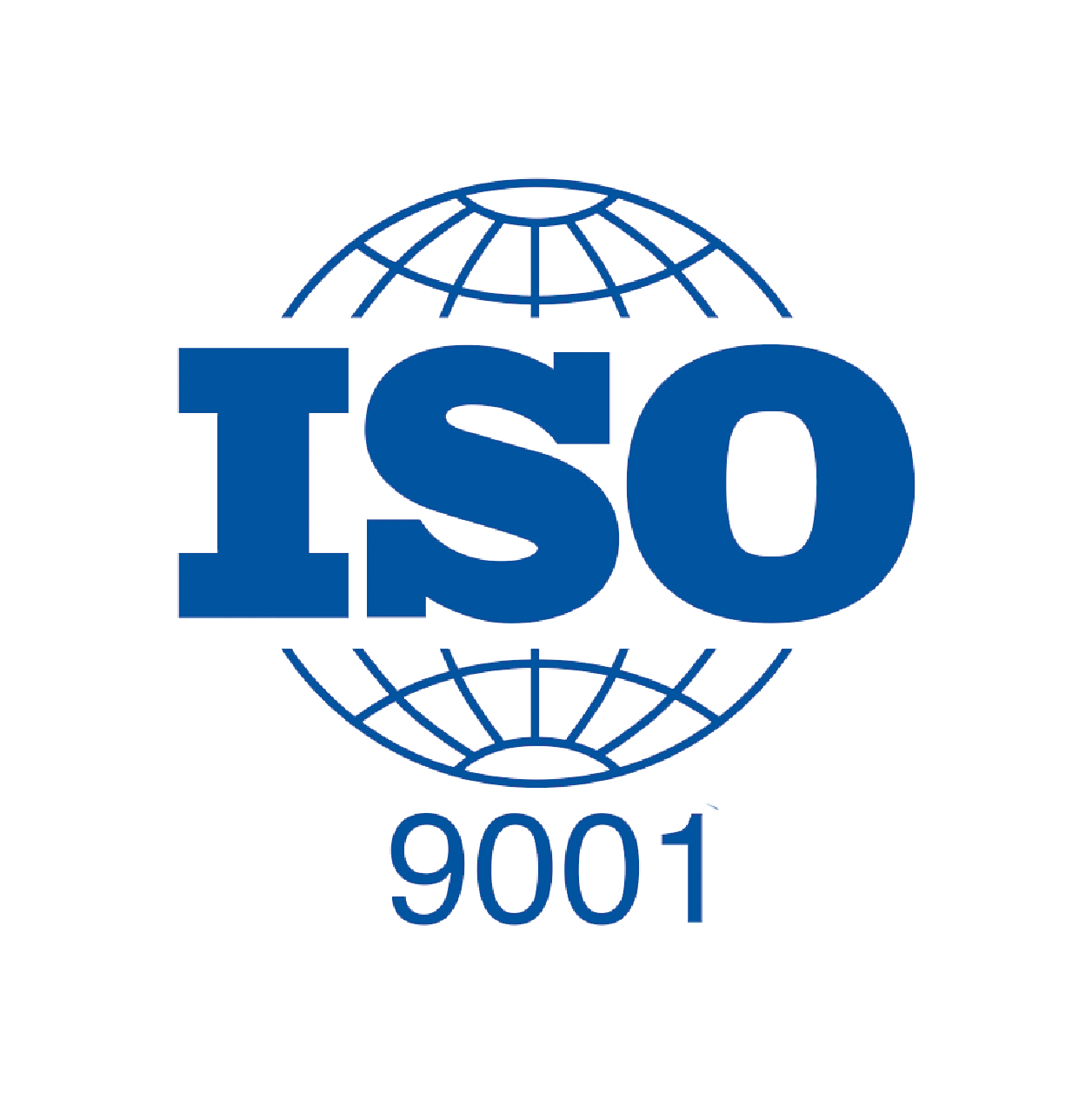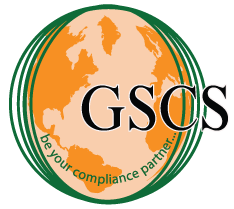
Get Certified: GSCS International’s ISO 9001 Certification Services
Introduction
ISO 9001 is a globally recognized Quality Management Systems (QMS) standard. Organizations that achieve ISO 9001 certification demonstrate their commitment to consistently delivering high-quality products and services. This certification helps businesses enhance customer satisfaction, improve operational efficiency, and gain a competitive edge in the market.
ISO 9001 is an internationally recognized standard for quality management systems. The standard is generic in nature and caters to both the manufacturing and service industries.
Organizations that are certified to this standard reflect evidence of a business operation that is supported by a fundamental and robust quality management system platform.
GSCS provides quality service through competent auditing mechanism. Facility gains global recognition though the certificate.
What is ISO 9001?
ISO 9001 is part of the ISO 9000 family of standards developed by the International Organization for Standardization (ISO). It outlines the requirements for a QMS, focusing on principles such as:
● Customer focus
● Leadership
● Process approach
● Continuous improvement
● Evidence-based decision-making
● Relationship management
Overview of the ISO 9001 Certification Process
The ISO 9001 certification process involves several key stages to ensure that an organization meets the required quality management standards. The process includes:
Determining Understanding Level for the ISO 9001 – Getting the organization ready regarding ISO 9001 elements and requirements.
Gap Analysis- Noting areas that do not comply or are below sufficiency levels of ISO 9010 and thus need alteration.
Process Implementation- Practically apply quality management during the entity's daily activities.
Internal Audit- Review the organization's internal processes to find out whether it is prepared for certification.
Final Certification Audit- An external audit is performed by a certification body to verify compliance.
Issuance of Certification and Continuous Monitoring—Granting acknowledgment of meeting compliance requirements through quality monitoring over time.
Benefits of ISO 9001 Certification
Obtaining the ISO 9001 certification has its benefits, as seen below:
1. Enhanced Customer Satisfaction
ISO 9001 standards allow businesses to solve customers’ problems for better service satisfaction as products are delivered timely and services are bluntly effective.
2. Increased Operational Effectiveness
Productivity, cost efficiency, and resource allocation efficiency increase because ISO 9001 helps eliminate unnecessary steps in business processes.
3. Improved Market Image
Attracting investors, business partners, and customers becomes easier after an organization acquires the ISO 9001 certification, which amplifies its market image.
4. Global Recognition
New business opportunities are available internationally because many international markets and multinationals are starting to find it easier to work with ISO-certified firms.
5. Better Risk Management
The certification provides and aids a less reactionary approach to dealing with risks, thus sharpening decision quality and overall business agility.
How to Get ISO 9001 Certification
Organizations can achieve ISO 9001 certification by following these steps:
● Initial Consultation
● Documentation and Training
● Implementation
● Internal Audit
● Certification Audit
● Certification Issuance
GSCS International’s ISO 9001 Certification Services
We specializes in ISO 9001 certification services, helping businesses achieve compliance with minimal disruptions. Our services include:
Gap Analysis
We examine your existing processes to reveal shortcomings that must be resolved before ISO 9001 implementation.
Documentation Support
Our professional staff prepares necessary documentation, including quality manuals, SOPs, and process flow diagrams.
Implementation Assistance
GSCS aids businesses in integrating ISO 9001 through training sessions, workshops, and process redesign.
Internal Audits
We perform internal audits before the certification audit to check compliance and highlight underlying issues.
Certification Audit Support
GSCS hosts organizations for the final certification audit and, before the audit, ensures that all requirements under ISO 9001 are achieved for the organization to be certified.
Continual Improvement and Recertification
GSCS courses are structured to help with ongoing compliance and preparation for recertification. ISO 9001 certification is for three years, with periodic surveillance audits required.
Why Choose GSCS International for ISO 9001 Certification?
GSCS International stands out as a trusted certification partner due to:
Proficient Auditors: We have a team of great professionals, and they have background experience in the industry.
Custom Solutions: We adjust the service offerings based on your company's requirements, alleviating the burden of certification.
Worldwide Acceptance: GCS certification improves your credibility in the market and compliance against international standards.
Guidance Throughout: From the first evaluation to the recertification, GSCS offers complete support throughout this entire process.
Conclusion
Achieving ISO 9001 certification is a strategic move for businesses looking to enhance quality, efficiency, and market credibility. GSCS International simplifies the certification process, ensuring organizations meet global quality standards while driving continuous improvement.
Partner with GSCS International today and take your business to the next level with ISO 9001 certification.
FAQ:
ISO 9001 certification ensures that a company follows international quality management standards to improve efficiency, customer satisfaction, and overall business performance.
AS 9001 is likely a typo or confusion with AS9100, which is a quality management standard for the aerospace industry, based on ISO 9001 principles.
The seven principles are:
- Customer Focus
- Leadership
- Engagement of People
- Process Approach
- Improvement
- Evidence-Based Decision Making
- Relationship Management
The cost varies based on company size, industry, and certification body, typically ranging from $3,000 to $30,000, including audits, documentation, and training.
Key requirements include documented processes, risk management, internal audits, corrective actions, and continuous improvement to ensure quality compliance.
- Understand requirements and conduct a gap analysis
- Implement quality management processes
- Conduct internal audits
- Undergo an external certification audit
- Obtain certification and maintain compliance through periodic audits.
